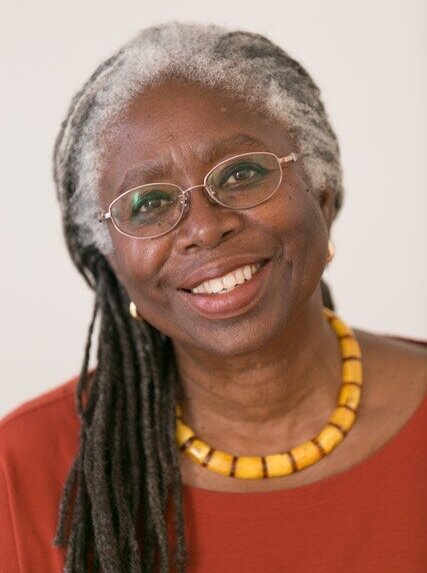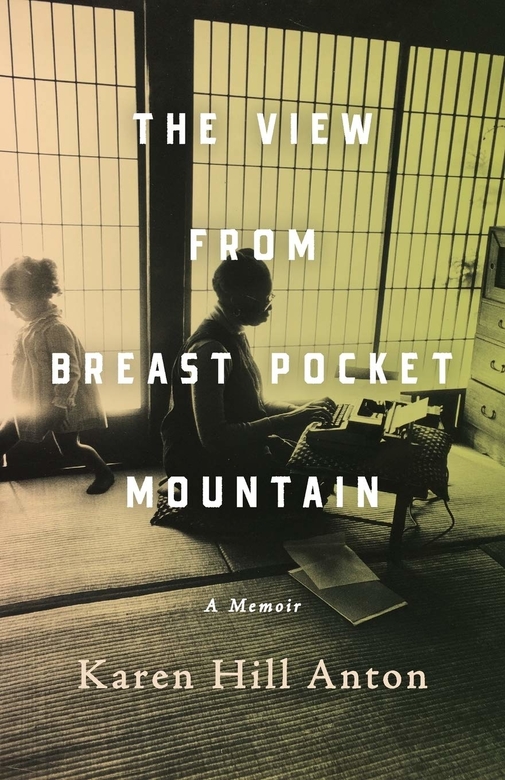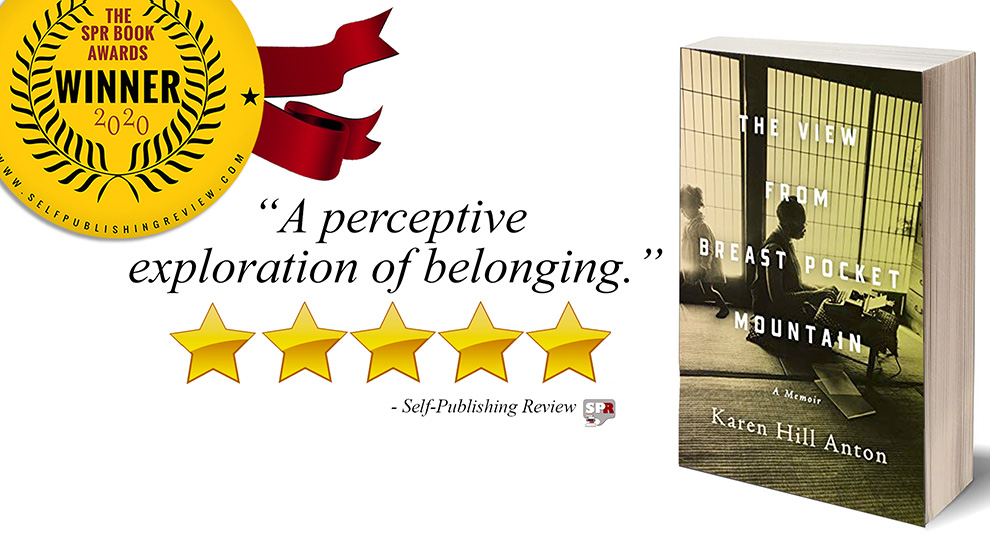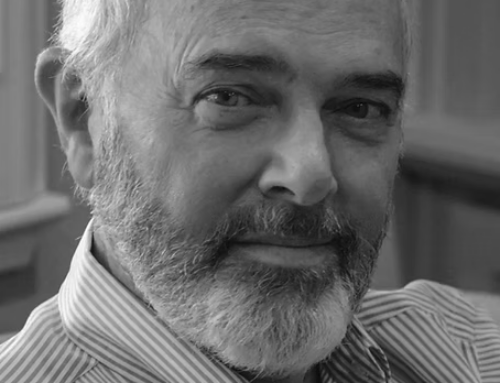 Karen Hill Anton wrote the column “Crossing Cultures” for The Japan Times for 15 years. She lectures widely on her experience of cross-cultural adaptation and raising four bilingual, bicultural children. Originally from New York City, she’s achieved second-degree mastery in Japanese calligraphy and has lived with her husband William Anton in rural Japan since 1975.
Karen Hill Anton wrote the column “Crossing Cultures” for The Japan Times for 15 years. She lectures widely on her experience of cross-cultural adaptation and raising four bilingual, bicultural children. Originally from New York City, she’s achieved second-degree mastery in Japanese calligraphy and has lived with her husband William Anton in rural Japan since 1975.
Tell us about your book.
The View From Breast Pocket Mountain, a memoir, tells my experience of crossing borders and cultures, creating a life, and finding contentment in a far-off country. It’s a story that gives a glimpse of a life not designed or even imagined, but fully embraced.
This book will have readers wondering what life would be if they’d taken that road without a map.
Raised by my father, the story begins when as a teenager I began to develop an awareness of the world beyond the boundaries of my New York City neighborhood. Readers will follow along to Denmark where I lived in a castle in the 1960s, and then in a cabin in 1970s Vermont. Revealing a lot of curiosity and a bit of courage, the book covers my overland travel across Europe and through Turkey, Iran, Afghanistan. My last stop was Japan, the place I’ve come to call home.
Readers of my memoir will join me as I have unexpected encounters with the very famous as well as those unknown and unnamed. It is a journey through marriage and motherhood, love, laughter, tragedy and hope. It is written in a style that has readers saying “I feel like I am on the journey with Karen,” and “It’s almost as if I’m sitting at her table as she tells her story.” Full of adventures, it also has readers saying “I couldn’t put it down!”
The View From Breast Pocket Mountain is a story for our time. Life affirming and inspiring, it reminds us of our interconnectedness, our shared humanity.
 Why did you want to write a book?
Why did you want to write a book?
I had a dedicated readership of my Japan Times column “Crossing Cultures.” But I always knew my readers were only getting part of my story – the story of an American woman married to an American, raising four children in rural Japan. I had more stories to tell and experiences to share.
To say my life has been unique is not to say much since every life is unique. However, I am fully aware my life has not only been different, but unusual. I know there are not many women who can say they drove from Amsterdam to Afghanistan in a VW Bug with a 5-year-old child in 1975.
As a native New Yorker, adjusting and adapting to life in rural Japan has been full of challenges. Learning to accept a new culture has taught me valuable lessons that might also be beneficial to others.
Why did you write about this particular subject?
The “subject” is my life, and it is interesting on many different levels. What I most hear from readers is they found my life and story “inspiring.”
Why did you choose to self-publish?
I wanted control – over the entire publishing process. I wanted to decide who I would work with as my developmental editor and copy editor. I wanted to be the one to decide my book’s title, format, and cover design. I wanted to be the one to say when my book would be published.
What do you think are the main pitfalls for indie writers?
That they may think it’s possible to produce a book of quality without making the necessary investment of time, editing, and resources. Independent authors will not want it to appear their book was produced in their spare time, but that rather the finished product reflects the hard work they put into writing it.
As a writer, what is your schedule? How do you get the job done?
Sit at my desk. Write. Daytime is best for me, I know that, and I stick to that schedule.
How do you deal with writer’s block?
“The best way of all for dealing with writer’s block is never to get it. Some writers never do. Theoretically, there’s no reason one should get it, if one understands that writing, after all, is only writing, neither something one ought to feel deeply guilty about nor something one ought to be inordinately proud of.” – John Gardner
Tell us about the genre you wrote in, and why you chose to write this sort of book.
My favorite genre to read is biography, autobiography, and memoir. I was naturally drawn to write in this genre. Also, because I’d written columns for two decades about my personal experience as an American woman living and raising a family in Japan, the memoir genre was comfortable for me.

Who are your biggest writing inspirations and why?
The author Helen Yglesias started writing relatively late, and was immediately successful as a novelist. Her writing and observations about family, motherhood, and women have touched me. Currently, I am reading the author (novelist, essayist, poet, lyricist, playwright) Roger Pulvers. He is as much a historian as a writer, a man of incredible creative capacity, his experience is inspiring and his observations of Japan are moving life lessons.
What did you learn on your journey as an author?
Writing is hard work. The reward is having so many readers tell me how they related to what I wrote, and that it made them reflect on their own life journeys. I also learned that readers respond to and appreciate my writing style, which is simple and direct.
What are your plans now your book is published?
Although promotion is not something I am interested in doing, I’ve been following this dictum: “You’re a writer and you finished your book. Now you’re an author and you must promote it.”
Author Links
Get an Editorial Review | Get Amazon Sales & Reviews | Get Edited | Get Beta Readers | Enter the SPR Book Awards | Other Marketing Services























Leave A Comment